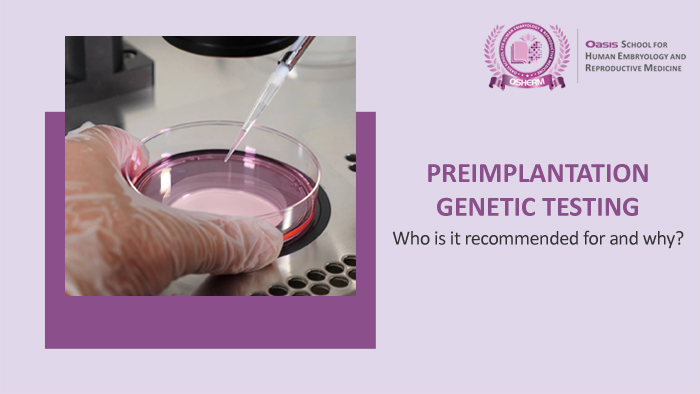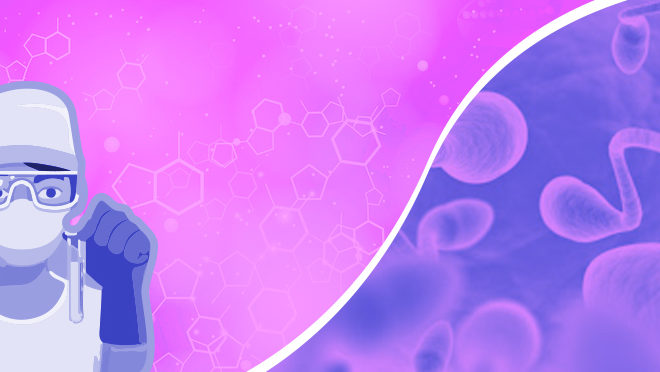Pre-implantation Genetic Testing
Pre-implantation genetic testing are tests employed to identify any genetic defects that may be present in the embryos that are created during the process of IVF before embryos are transferred to the uterus. Pre-implantation genetic testing, allows you as a fertility expert to choose healthy unaffected embryos. Traditionally, post-conception diagnostic procedures like amniocentesis or chorionic villus sampling are used to determine any genetic disorders in the growing fetus.
If any genetic disorders are found, the parents are then faced with the hard decision of whether to terminate the pregnancy or raise a special child. Today, preimplantation genetic tests like Pre-implantation genetic diagnosis or Preimplantation genetic screening can be used to make sure that healthy embryos proceed to pregnancy when going through IVF treatment.
There are 3 types of PGT done:
PGT-A: PGT for Aneuploidies
PGT-M: PGT for monogenic/single gene disorders”
PGT-SR: PGT for structural rearrangements
Preimplantation genetic Testing (PGT) is recommended for:
- Women over 35-40 years of age seeking fertility treatments
- Couples who experience multiple pregnancy losses, or experience multiple IVF failures
- Male partners with severe male factor infertility
Before performing PGT, the couples must meet with a geneticist or an IVF specialist to confirm the diagnosis and evaluate the risk of the embryos having a genetic abnormality. Once done, the couple goes through IVF. After the fertilization, the embryo is let to attain the cleavage stage. Then a biopsy is performed on the embryo. Once the testing is done, only the euploid embryos are transferred to the uterus for implantation.
Things to consider for PGS- PGS is put forward as a test that can help avoid genetic abnormalities in women who are at an increased risk.
- PGS does not guarantee a successful pregnancy or live birth in women of advanced maternal age.
- Adequate skill and expertise are required to perform a biopsy on the embryos. Even with adequate skills and experience, accidental damage can still occur.
Need to know about PGT:
Although, PGT is not an option given for all patients, but it is the need of the hour to be equipped with knowledge about this technique and its applications in treating patients seeking fertility treatments.
We at OSHERM, provide state-of-art knowledge and tools on PGT, which is an integral part of our courses to assist embryologist and fertility clinicians, to thereby incorporate this technology in cases of probable genetic defects.
Related Posts
Leave a Reply Cancel reply
Recent Posts
- Pre-implantation Genetic Testing April 30, 2021
- Things You Should Know About Pursuing a Career in Embryology January 20, 2021




